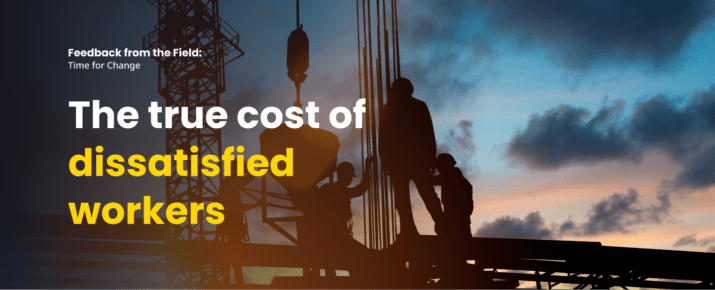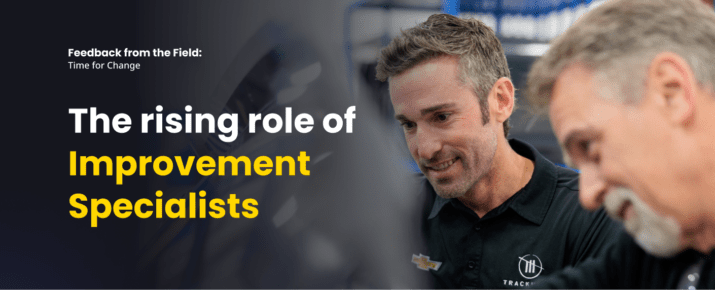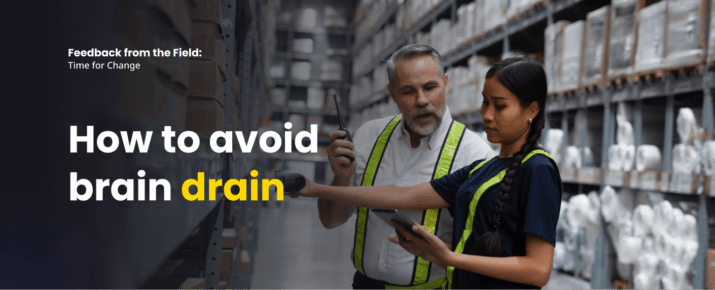It’s time to build consumer trust in returning to your store, hotel or restaurant: our survey with YouGov
Feedback From The Field | Industry Trends | By | 2 Jul 2020 | 3 minute read

The effects of COVID-19 have had a huge impact on consumer confidence. As the pandemic aftermath continues to unfold, we’ve exclusively discovered that the general public are reluctant to go back to ‘the way things were’.
SafetyCulture teamed up with national survey organization YouGov to survey over 1,198 Americans about their feelings in returning to dine in restaurants, shop in malls and stay in hotels.
We wanted to understand people’s comfort levels after the initial effects of the pandemic, and to find out whether media reporting and local infection levels have stifled trust in returning to public life.
So what did our survey find?
Current trust when going shopping, dining out and taking leisure breaks is very low as the perceived COVID-19 risk is still fairly high, and is likely to stay that way over the next three months.
Of those we surveyed*:
Nearly 3/4 of respondents (71%) would not feel “very comfortable” shopping in a physical retail store over the next 3 months.
More than half of respondents (52%) would feel “very uncomfortable” or “uncomfortable” dining in a restaurant/bar over the next 3 months.
More than half of respondents (54%) would feel “very uncomfortable” or “uncomfortable” staying at a hotel over the next 3 months.
Nearly 2/3 of employed respondents (63%) would not be “very comfortable” returning to the workplace over the next 3 months.
More than half of respondents (53%) said that a publicly shown list of daily safety procedures being undertaken by a business would increase trust and confidence in that business.
More than half of respondents (57%) say that businesses publicizing a real-time list of hourly cleaning and disinfecting activities would increase trust and confidence in that business.
What does this mean for businesses in the hospitality and retail sectors?
Clearly, there is a crisis of trust in these businesses during this period of uncertainty. As American Independence Day approaches on July 4th, consumers are now considering an alternative approach to celebrating this national holiday.
Our survey discovered that people are not comfortable carrying out their traditional activities – conducting big grocery shops for hotdogs and refreshments. They are still also reluctant to celebrate and go out to mix with others in public social environments.
“The nationwide survey results clearly show consumers are not yet comfortable resuming even the most basic of public activities, yet there is a way forward,” said Bob Butler, the General Manager of our North America branch.
What you can do to help build confidence in your customers
Re-building customer confidence is not a one-time exercise, but taking steps to ensure safety is an ongoing approach will no doubt make consumers feel a lot more comfortable during times of uncertainty.
You can adopt practices like following government guidelines and proceduralizing standards into checklists. Staff have the ability to assess all the potential risks in the workplace, and proactively take action to keep the workplace safe.
Once checklists are completed, the results can be turned into public and collaborative certifications or reports to let staff and consumers know the steps that have been taken to keep the workplace safe. The transparency of simple checklists have the power to build customer trust and loyalty.
With over 100,000 free digital checklist templates, our mission is to help you remain safe as you get back to business.
Government guidelines and leading industry bodies underpin all of our resources, and more than 75,000 businesses are using iAuditor to complete daily COVID-19 risk assessments and inspections.
We’re here to support you and your customers feel safe, supported, and comfortable as we all slowly return to public life.
*All figures, unless otherwise stated, are from YouGov Plc. Total sample size was 1198 adults. Fieldwork was undertaken between 24th – 25th June 2020. The survey was carried out online. The figures have been weighted and are representative of all US adults (aged 18+).
Important Notice
The information contained in this article is general in nature and you should consider whether the information is appropriate to your specific needs. Legal and other matters referred to in this article are based on our interpretation of laws existing at the time and should not be relied on in place of professional advice. We are not responsible for the content of any site owned by a third party that may be linked to this article. SafetyCulture disclaims all liability (except for any liability which by law cannot be excluded) for any error, inaccuracy, or omission from the information contained in this article, any site linked to this article, and any loss or damage suffered by any person directly or indirectly through relying on this information.





